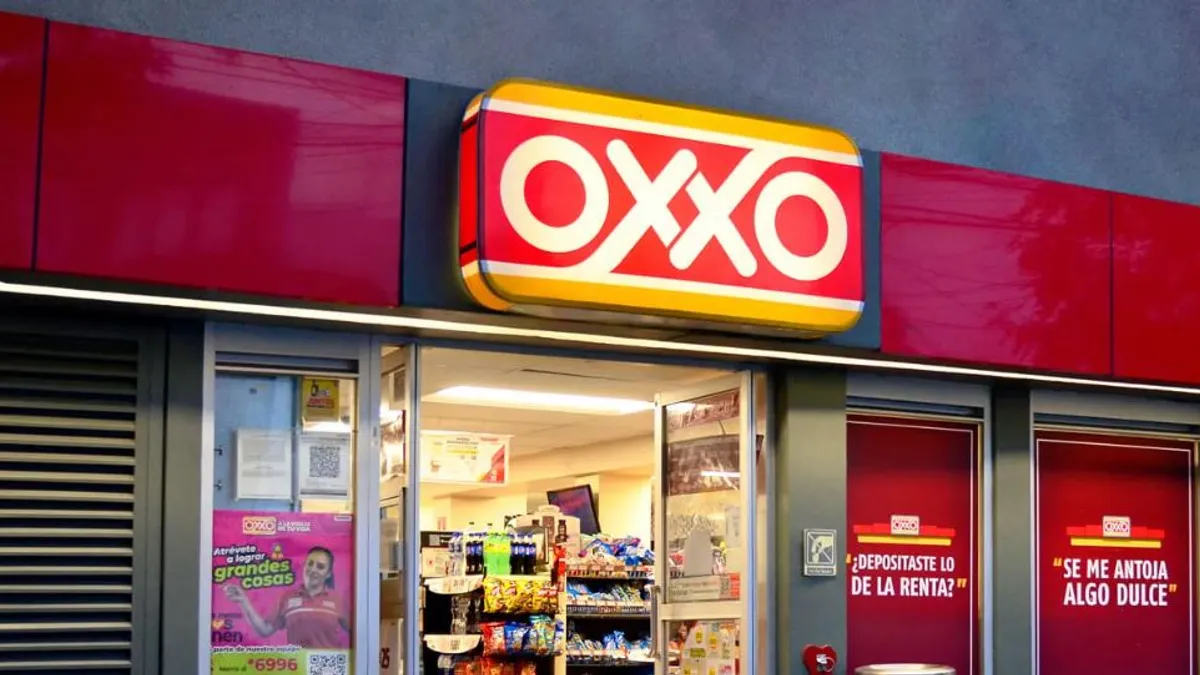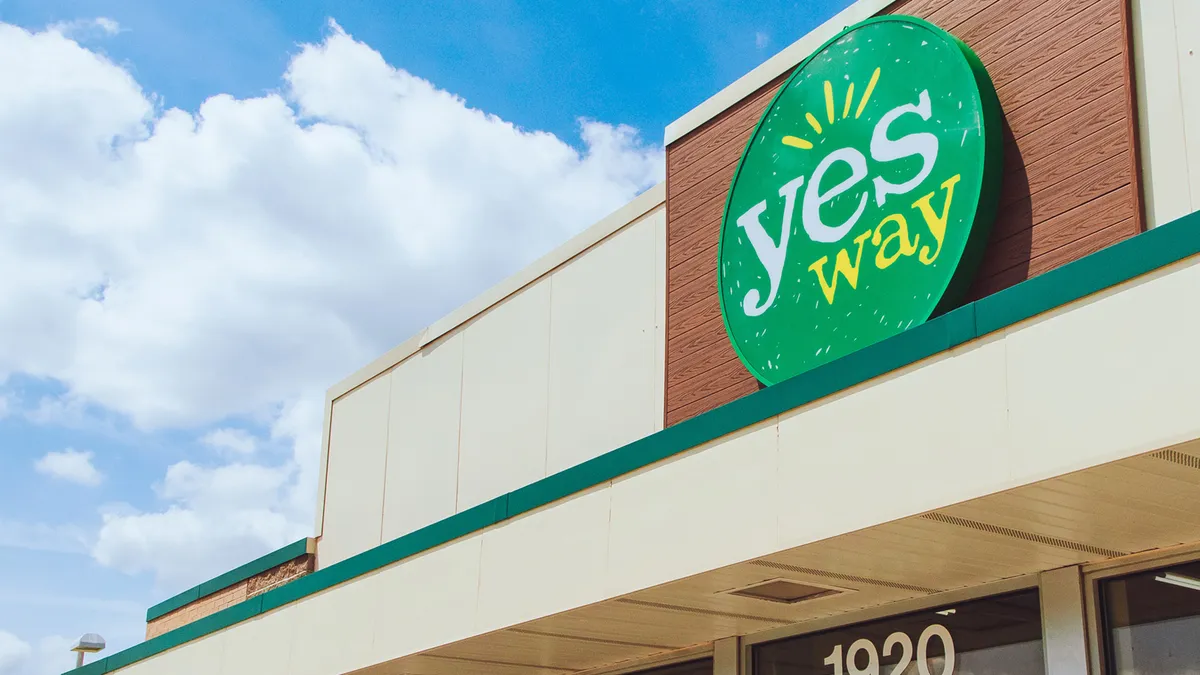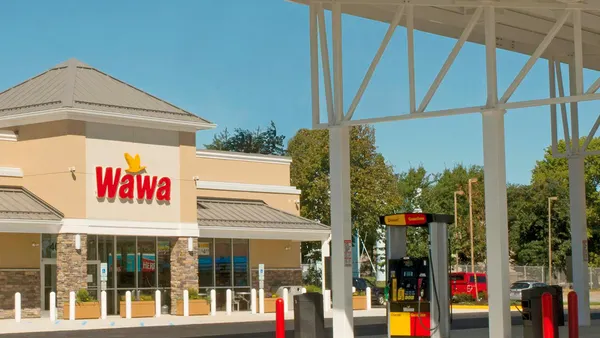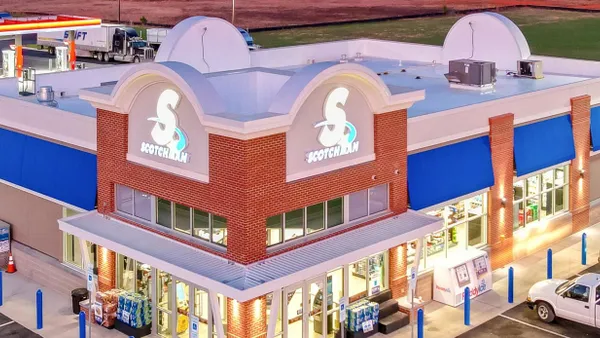Dive Brief:
- Oxxo has begun opening fuel-less convenience stores in the U.S. as the Mexican convenience store giant continues its expansion in the states, Chief Financial Officer Martin Arias said during parent company FEMSA’s third-quarter earnings call on Tuesday.
- Arias did not clarify where it’s opening the pilot stores. However, he added that this test coincides with Oxxo beginning to open locations in El Paso, Texas, which contains one of the largest set of c-stores FEMSA acquired last year from Delek US Holdings.
- Although fuel-less c-stores became popular among operators a few years ago amid growing consumer expectations for fresh food and the rise of electric vehicles, U.S. retailers have struggled to keep these types of locations open and profitable.
Dive Insight:
When FEMSA acquired Delek’s 249 convenience stores across Texas, New Mexico and Arkansas last year, the retailer agreed to keep a long-term fuel agreement in place with Delek for all but one of the stores, Hal Adams, managing director of Oxxo USA, said in a recent interview with C-Store Dive. However, Adams added that FEMSA can decide the type and format of all future Oxxo locations.
It’s no surprise that the company is tinkering with fuel-less c-stores even as it rebrands Delek stores to its own banner, since these sites are the bread and butter of FEMSA’s business. Among its global network of over 20,000 sites across several countries and two continents, FEMSA only has 571 locations — all in Mexico — that offer fuel, the company outlined in its 2024 annual report.
Shortly after purchasing Delek’s U.S. c-stores last October, Constantino Spas, CEO of FEMSA’s Americas and Mobility division, said in an interview with C-Store Dive that FEMSA intended to test a fuel-less format in its expansion, though acknowledged it would be challenging due to the U.S. market’s reliance on fuel.
“I don’t know if it’s going to be successful or not … but the non-fuel format is something that you would have to expect for sure that we’re going to try,” Spas said last year.
U.S. convenience retailers such as Wawa, QuikTrip, RaceTrac, and Kum & Go all experimented with fuel-less c-stores in densely populated areas through the years, with most or all of these sites closing their doors due to poor performance. Last year, Denver-based Choice Market, an upscale convenience retailer that became one of the faces of the fuel-less c-store trend, ceased operations after several years in business.
During this year’s NACS Show in Chicago, Chris Rapanick, managing director of NACS Research, said the average c-store would lose about $700 or $800 per month if it weren't for high fuel margins.
“The stores that are selling fuel have grown, and the stores that aren’t selling fuel have closed,” he said.











